Does Aster Yellows virus infect the dirt after plant is remov
summerstar
9 years ago
Related Stories
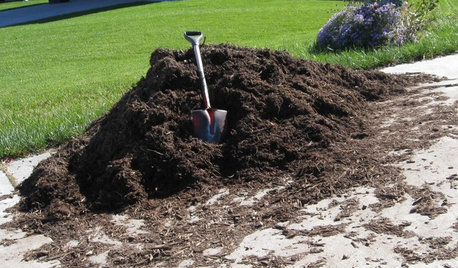
FRONT YARD IDEASBefore and After: Front Lawn to Prairie Garden
How they did it: Homeowners create a plan, stick to it and keep the neighbors (and wildlife) in mind
Full Story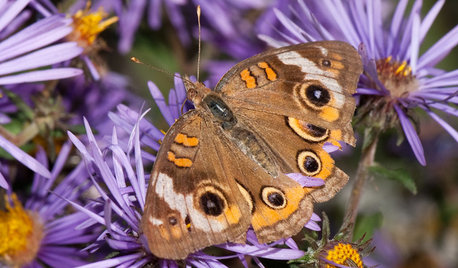
FALL GARDENINGGreat Design Plant: Symphyotrichum Novae-Angliae Ushers in Fall
With bold purple flowers easily accessible to pollinators, New England aster offers loads of interest in the autumn garden
Full Story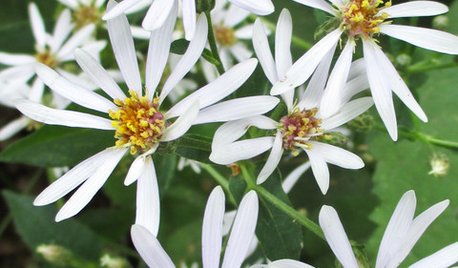
GARDENING GUIDESGreat Design Plant: Eurybia Macrophylla Fills a Void
Plant bigleaf aster in late fall for late-summer color in the shade garden
Full Story
GARDENING GUIDESBoxwood: Still Shape-Shifting After 350 Years
Wild or mild, the humble boxwood still brings style and order to all kinds of gardens
Full Story
GARDENING GUIDESGreat Design Plant: Black-Eyed Susan
Plant seeds this fall for rich swaths of golden blooms in the garden come summer
Full Story
GARDENING FOR BUTTERFLIES3 Ways Native Plants Make Gardening So Much Better
You probably know about the lower maintenance. But native plants' other benefits go far beyond a little less watering and weeding
Full Story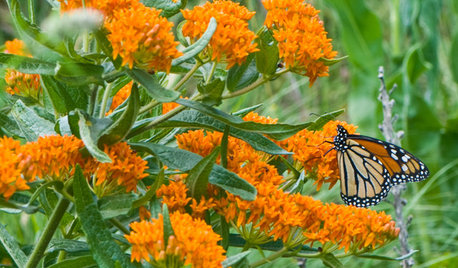
GARDENING GUIDESGreat Design Plant: Butterfly Milkweed, a Beacon in the Prairie
Vivacious orange flowers for you, nectar for the butterflies and bees. Asclepias tuberosa is worth planting for more reasons than one
Full Story
GARDENING GUIDESWe Bust 4 More Native Plant Myths
Have you been taken in by these fallacies about gardening with native plants?
Full Story
GARDENING GUIDESMake Sure You Read This Before Buying New Plants
Follow these 10 plant-selection tips to avoid buyer’s remorse
Full Story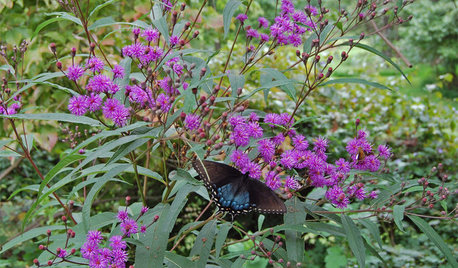
GARDENING GUIDESGreat Design Plant: Vernonia Noveboracensis
Stately New York ironweed attracts pollinators with its blooms at the end of summer and birds with its seeds in fall
Full StoryMore Discussions








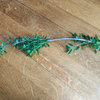
Nevermore44 - 6a
Related Professionals
Fitchburg Landscape Architects & Landscape Designers · North New Hyde Park Landscape Architects & Landscape Designers · Oconomowoc Landscape Architects & Landscape Designers · Walnut Landscape Architects & Landscape Designers · Westwood Landscape Contractors · Bridgeview Landscape Contractors · Cicero Landscape Contractors · Clark Landscape Contractors · Deerfield Landscape Contractors · El Reno Landscape Contractors · Painesville Landscape Contractors · Parkland Landscape Contractors · St. Louis Landscape Contractors · Waldorf Landscape Contractors · Bensenville Landscape Contractors